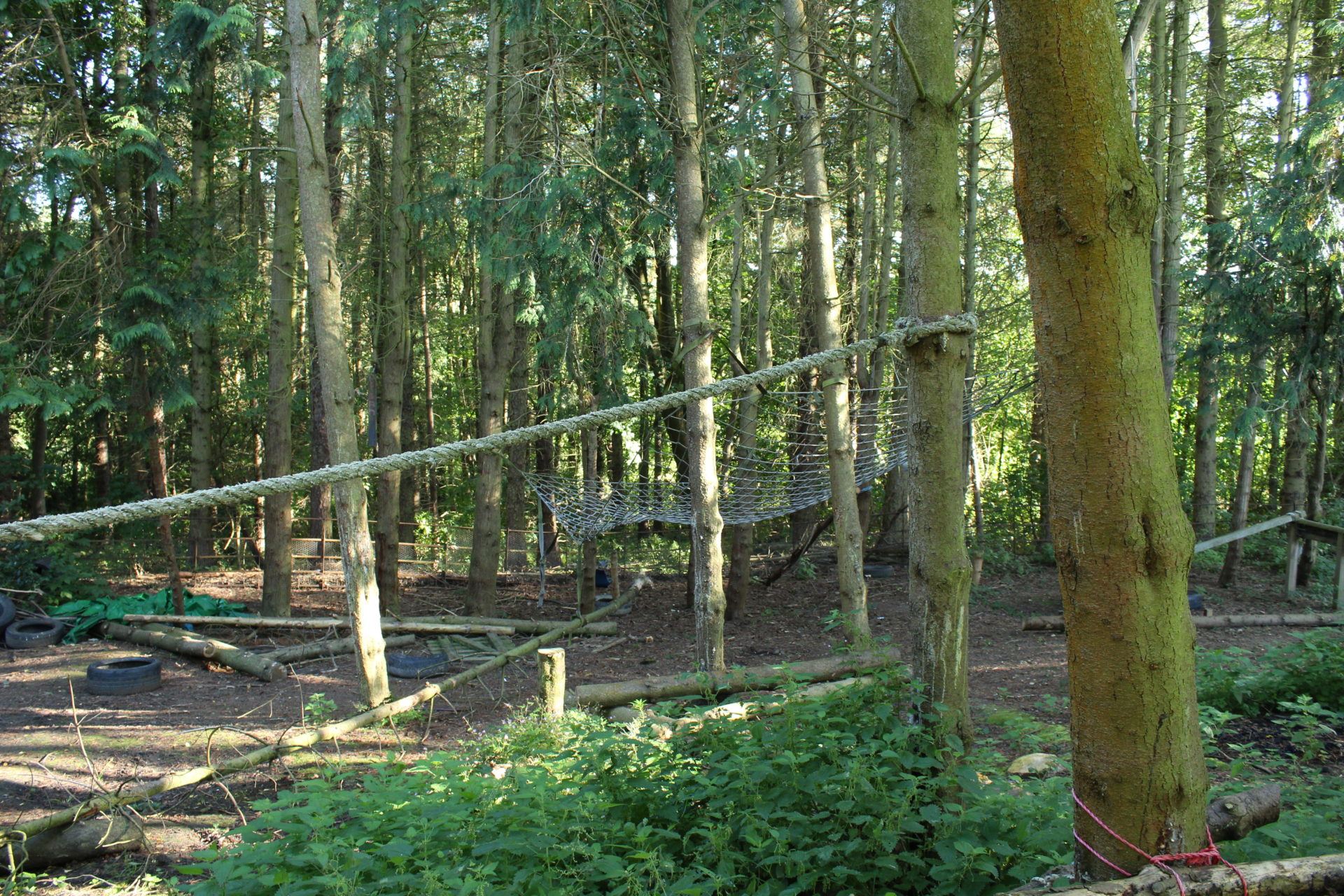ALN in Wales.
At Brynllywarch we believe that ALN and inclusion is everyone’s responsibility. However, there are some key roles and responsibilities that must be undertaken. Below we explain the different roles within the school and how they support our pupils.
The ALNCo
Our ALNCo has day-to-day responsibility for the operation of ALN policy and coordination of specific provision made to support individual pupils with ALN, including those who have an Individual Development Plan (IDP)/ Statement of Special Educational Need. Our ALNCo provides professional guidance to colleagues and will work closely with staff, parents, and other agencies. Our ALNCo is aware of the ALN Code and the duties that fall to us as a school. They also liaise with other external agencies and professionals who provide support to families to ensure that our pupils with ALN receive appropriate support and high-quality teaching. Our ALNCo at Brynllywarch is Mrs Sarah Morgan.
The types of ALN that are provided for within our school
There is a wide range of learning difficulties or disabilities, but the ALN Code (2021) broadly places them into the following four areas:
- Communication and interaction – these include children and young people with speech, language, and communication needs, and those with an Autism Spectrum Condition (ASC)
- Cognition and learning – these include children and young people with moderate learning difficulties (MLD), severe learning difficulties (SLD), profound and multiple learning disabilities (PMLD) and specific learning difficulties (SpLD) such as dyslexia, dyscalculia, and dyspraxia.
- Behaviour, emotional and social development (BESD) – these difficulties may manifest themselves in many ways including becoming withdrawn or isolated, as well displaying challenging, disruptive or disturbing behaviour. Other children/young people may have disorders such as attention deficit disorder (ADD), attention deficit hyperactive disorder (ADHD) or attachment disorder
- Sensory and/ or physical these include children and young people with visual impairment (VI), hearing impairment (HI), multi-sensory impairment (MSI) and physical disability (PD)
Children and young people with any of the above needs will be included in our school community.
Additional Learning Needs Act changes
The additional learning needs (ALN) system is the new system for supporting children and young people aged 0 to 25 in Wales with ALN. The ALN system is replacing the special educational learning needs (SEN) system and the system for supporting young people with learning difficulties and/or disabilities (LDD).
Tyfu – Powys County Council Inclusion Platform
Tyfu is an online system that enables all settings, schools and the council to create one-page profiles for pupils, upload universal learning provision plans and monitoring details, create individual development plans for pupils with ALN, record meeting details and decisions relating to individual pupils’ emerging needs / ALN, make direct referrals into the council, and create personal education plans for children looked after. The platform also allows all people working with a child, young person and their family to have access to the information to ensure that there is a multi-agency approach to meeting the needs of all children and young people with ALN. Access to the Tyfu Platform is by invitation and two step verification process. We will only invite professionals to have access to a child or young person’s Tyfu profile with parental or young person consent.
Working in partnership with parents
At Brynllywarch we are committed to working in partnership with parents and carers and will always work in a person-centred way. We will:
- Have regard to the views, wishes and feelings of parents
- Provide parents with the information and support necessary to enable full participation in decision making.
- Support parents to facilitate the development of their child to help them achieve the best possible educational and other outcomes, preparing them effectively for adulthood.
- Meet with the parents of children/young people as often as is necessary in the most convenient format for all parties
- Provide an annual report for parents on their child’s progress
- Provide an annual review to discuss progress.
Involving children and young people
We are committed to involving children and young people with ALN in decisions about their learning and we will always work in a person-centred way.
We will:
- Have regard to the views, wishes and feelings of children and young people.
- Provide children and young people with the information and support necessary to enable full participation in decision making.
- Support children and young people to support their development and help them achieve the best possible educational and other outcomes, preparing them effectively for adulthood.
Assessing and reviewing outcomes
We record evidence of pupil progress, with a focus on outcomes and a rigorous approach to the monitoring and evaluation of any ALN support provided. All pupils have an Individual Education Plan (IEP) which sets out the targets and interventions to support and enable pupils to make progress. We record details of interventions (academic and therapeutic) used to support pupils and evaluate their success throughout the year. This forms part of regular discussions with parents about the child and young person’s progress, expected outcomes from the support and planned next steps.
Support and provision provided for children and young people with ALN takes the form of a four-part cycle: assess, plan, do and review. Decisions and actions are revisited, refined and revised with a growing understanding of the pupil’s needs and of what supports the pupil in making good progress and securing positive outcomes. This is known as the graduated approach.

